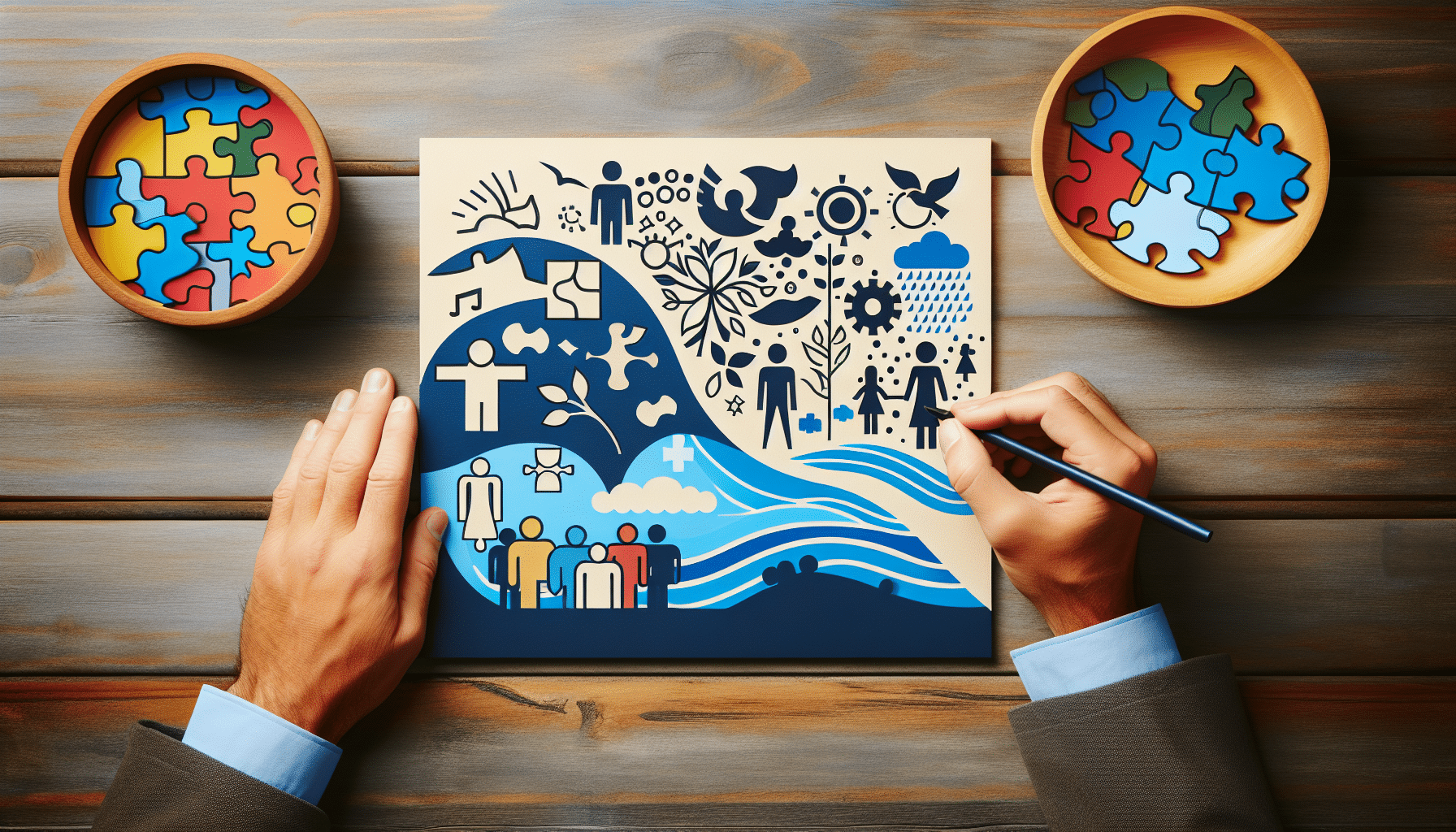In an increasingly interconnected and diverse world, the concept of integration has gained importance in multiple spheres, encompassing the social, cultural, and economic. Integration involves the action of uniting or combining different elements to form a cohesive whole. This term can be applied in contexts as varied as education, the workplace, or social coexistence, and its goal is to promote cohesion and cooperation among different groups, fostering an environment of respect and mutual understanding.
In the educational realm, the integration of students with disabilities in regular classrooms has been a debated topic for years. Schools, by adopting inclusive practices, face the challenge of developing effective strategies to enable the full participation of these students in learning. The implementation of awareness programs and teacher training in inclusive methodologies are seen as fundamental steps to achieve this goal.
In the workplace context, diversity and inclusion are crucial to creating more innovative and resilient companies. Integrating different perspectives and experiences in the workplace enriches the work environment and can lead to greater creativity, resulting in better business performance. Increasingly, organizations are adopting policies that promote gender equality, cultural diversity, and the inclusion of people with disabilities, reflecting a growing recognition of the importance of a diverse work environment.
From a social perspective, integration translates into the need to build more united and collaborative communities. Migration has led cities to become multicultural spaces. Promoting the integration of immigrants through cultural activities, language programs, and meeting spaces is essential to facilitate their adaptation and promote mutual understanding. These interactions are essential to create bonds that help overcome prejudices and stereotypes.
However, one of the most significant challenges in achieving true integration lies in facing barriers that have been ingrained for generations. Lack of education, discrimination, and fear of the unknown are obstacles that must be overcome. To do this, it is essential to promote inclusive discourse in the media and create spaces for dialogue where all voices in the community are heard and valued.
In conclusion, integration is a complex process that requires a joint effort from individuals, communities, and organizations. Promoting its meaning involves not only accepting differences, but also celebrating them and recognizing that the cultural and social wealth of the world lies in diversity. The implementation of inclusive policies, education, and promotion of dialogue are crucial pillars for building a future where everyone, without exception, can be part of a more equitable and cohesive society.
Source: MiMub in Spanish











